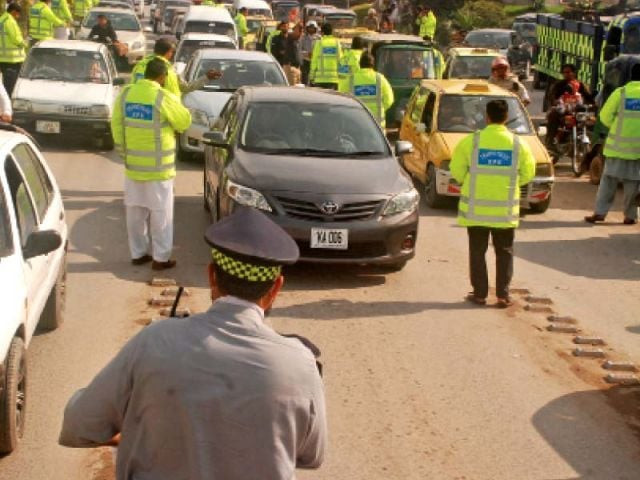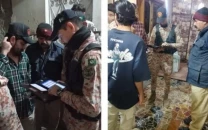Road safety : Punjab tightens knot on vehicle body makers
Machines prepared by unlicensed workshops will no longer pass through excise registrations

In a bid to ensure the safety of life and property, the Punjab government has imposed a complete ban on unlicensed workshops engaged in the making and repairing of commercial vehicle bodies.
In addition, to which, the excise department has also launched a crackdown on workshops manufacturing bodies for incomplete vehicles with only engine and base frames.
Thus, to continue operating, all such workshops that build bodies on chassis, will now need to obtain a license from the provincial department of transport to permit doing so. Similarly, excise registrations will also exclusively be made for vehicles, the bodies of which have been manufactured by licensed workshops. This will be authenticated through provision of a certificate of completion issued by the workshop, at time of excise registration.
“The decision to ban unlicensed body makers came in view of reports stating that certain local auto-manufacturer had been selling engines and chassis of commercial vehicles, instead of the complete vehicle,” informed an excise department official privy to the matter, who was not authorised to speak to the press.
Read more: Four killed as car rams into pedestrian bridge in Karachi
The unnamed source further informed that in a file filed with the excise authorities for registration, the said auto manufacturer had written the price of the vehicle as Rs300, 000 while the company had also stamped a seal on the sales invoice stating that it had made a body on the chassis. “Since that goes against the law, the excise department has issued notices to the manufacturer, and enacted stringent polices to curb the spread of substandard commercial vehicles,” he added, requesting anonymity.
According to details, workshops manufacturing bodies for incomplete vehicles had been operating in several cities including Lahore, Kasur and Sargodha for decades. These unlicensed workshops would pick up stolen or smuggled vehicles with obsolete engines and chassis of buses, trucks, trailers, Mazdas and rickshaws. They would then cut or tamper with the engine and chassis to put together a new body on top of the worn-out base frame and produce a vehicle which would easily pass the registration process.
The excise department had been consulting with the transport department for the last several years to resolve this issue.
Now the Punjab Transport Department has issued SOPs under which it has been made mandatory to obtain a license for all body manufacturing workshops. In addition, bodies for commercial vehicles cannot be made on tampered chassis. The licensed workshop will inform the Department of Transport in writing when making the body of any vehicle, while also sharing a written agreement and technical details between the workshop and the body building party. On completion of the body, the workshop administration will issue a completion certificate which will be verified by the officers of transport and excise departments and only after this verification the vehicle will be registered.
According to department sources, bogus registration for more than 7,000 auctioned vehicles was recently reported by the Punjab Anti-Corruption Establishment (ACE). It was revealed that bodies were made on the auctioned engine chassis from unlicensed workshops. According to government officials privy to the case, Chapter 6 of the Motor Vehicle Ordinance 1965 gives full details of the fitness standards of vehicles. “These unlicensed workshops however, build substandard bodies and risk lives and property of the owners as well as compromise on the safety of the general public,” a government official told The Express Tribune.
Published in The Express Tribune, March 22nd, 2021.



















COMMENTS
Comments are moderated and generally will be posted if they are on-topic and not abusive.
For more information, please see our Comments FAQ